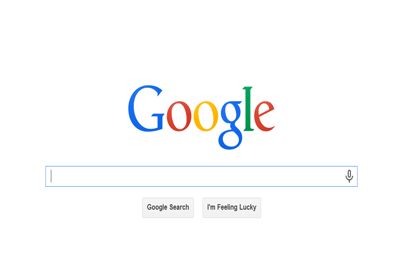Today’s What We’re Reading features the latest on the “right to be forgotten” ruling, American folklore told by Capitol interns, the five strangest rules in baseball, and much more!
 History and the Right to Be Forgotten Ruling: An Update
History and the Right to Be Forgotten Ruling: An Update
The issue of history, and the rights of individuals and corporations to erase history about themselves, has taken a prominent stage in the “right to be forgotten” debate.
Right to Be Forgotten: Wikipedia Chief Enters Internet Censorship Row
After news that Google has approved half of right to be forgotten requests, Jimmy Wales argues that Google should not be “censoring history.”
Google Is the “Judge and Jury” in the Right to Be Forgotten
Speaking at a Media Society panel titled “Rewriting History,” Google’s spokesman Peter Barron argued the ruling meant “the right to privacy now trumps freedom of expression.”
Google Right to be Forgotten Stirs Memories
Forbes contributor Guy Clapperton writes, “This affects America as well as Europe because it means searches on companies and individuals will tell a different truth in different parts of the world, which can’t be right.”
History Links
A Global Guide to the First World War—Interactive Documentary
Ten historians from 10 countries give a brief history of World War I through a global lens.
Ghost Cats and Musket Balls: Stories Told by Capitol Interns
Every summer thousands of interns lead constituents on tours of the Capitol. In a space so steeped in history it’s not surprising that they sometimes get the details wrong.
Danielle Allen, Our Declaration: A Reading of the Declaration of Independence in Defense of Equality
Our Declaration by Danielle Allen combines the close reading inclinations of a classicist with the conceptual framing of a political scientist in the interest of revitalizing a central document in American history: the Declaration of Independence. Years ago, at a Fourth of July event in a Chicago suburb I wondered whether the Boy Scout reading the Declaration understood what he was saying—and whether the inattentive but enthusiastic audience would have approved of what he was saying had they actually been listening closely. Allen provocatively reminds us that “slow reading” enables all of us to understand, learn from, and debate the Declaration. And that such reflection and discussion can renew our commitment to equality while stimulating conversation on its meaning and implications.
Cynthia Nixon Learns Her Ancestor Was an Axe Murderer on TLC’s Who Do You Think You Are?
Ancestry.com historian Jennifer Utley discovered that the Sex and the City star’s great-great-great grandmother was Martha Curnutt, who murdered her husband Noah Casto with an axe and served two years in prison as a result.
Picturing Mary: Woman, Mother, Idea
An article about an exhibit that will open at the National Museum of Women in the Arts in Washington, DC, in December.
How Much History Does the American Left Need?
Published by Tikkun magazine, this article was written by Bruce Robbins, Old Dominion Foundation Professor in the Humanities at Columbia University.
Teaching
A Foreigner Teaching in America
Jaime Miller discusses encountering the culture clash of teaching in a foreign country.
Fun and Off-Beat
The Five Strangest Rules in Baseball
Among the oddities, “Rule 8.05f: Please Face the Batter” and “Rule 7.08i: Run Forward, Please.”
A lesson in how much can be done with Twitter and a little imagination, reporter Lois Becket has done a very funny retelling of Lear in the style of This American Life.
This Toaster Will Singe Selfies on Your Bread
Filed under “Good Ideas.”
This post first appeared on AHA Today.
Tags: AHA Today What We're Reading
Comment
Please read our commenting and letters policy before submitting.






